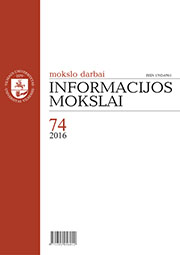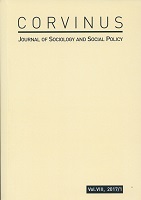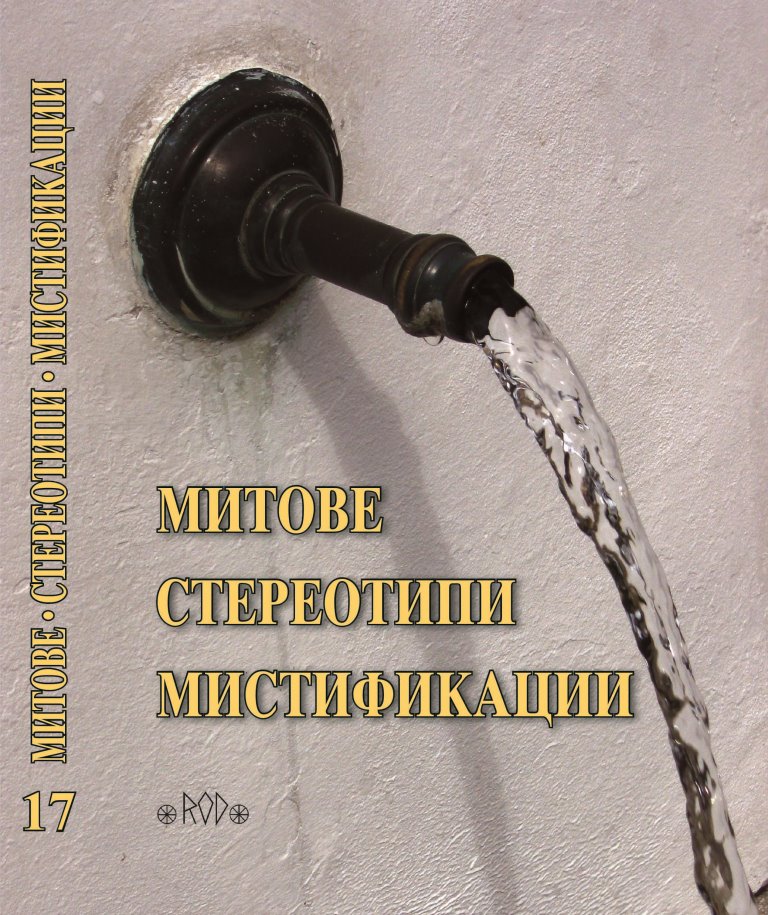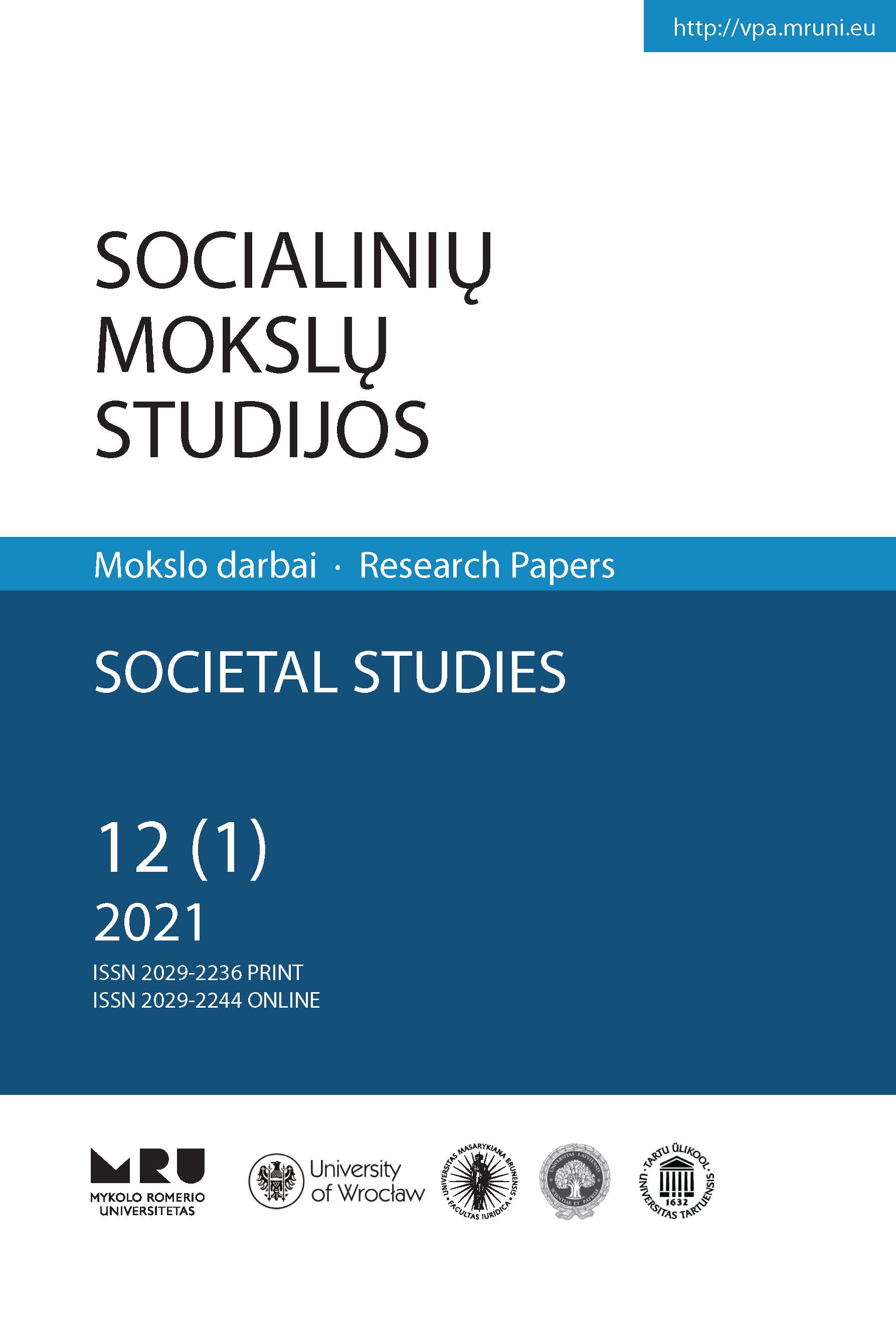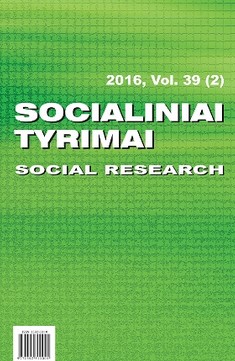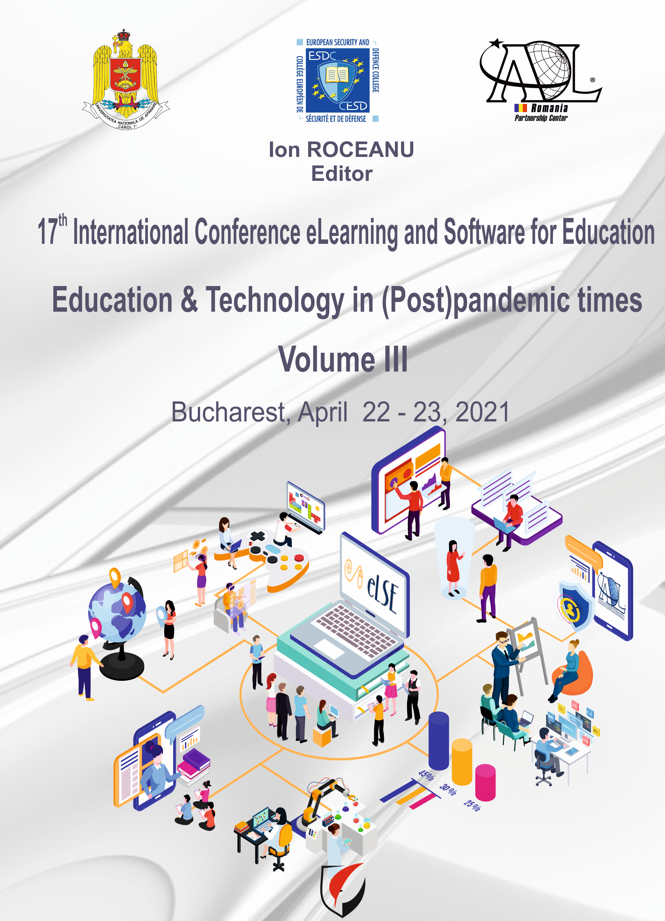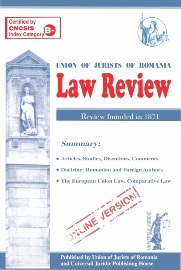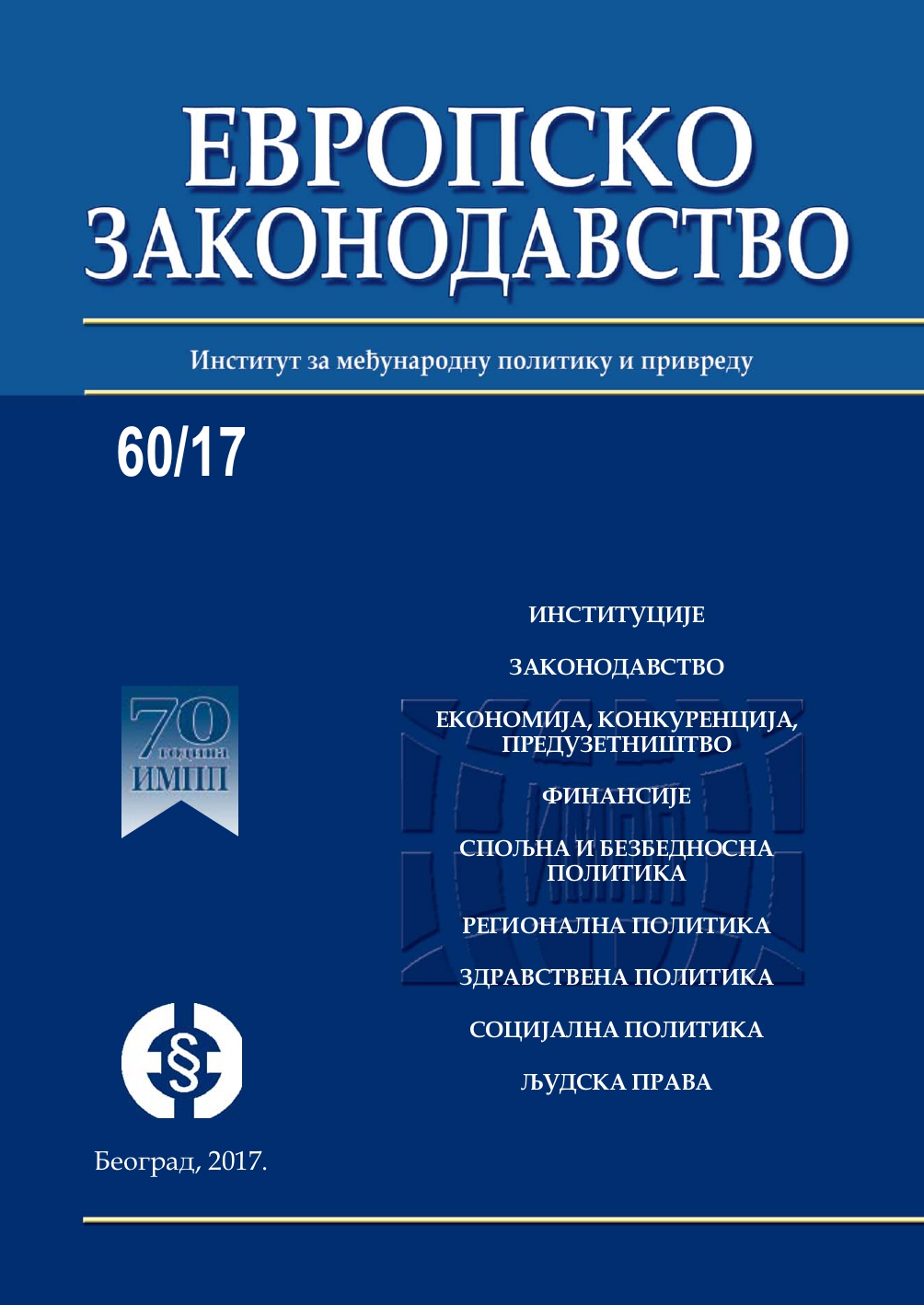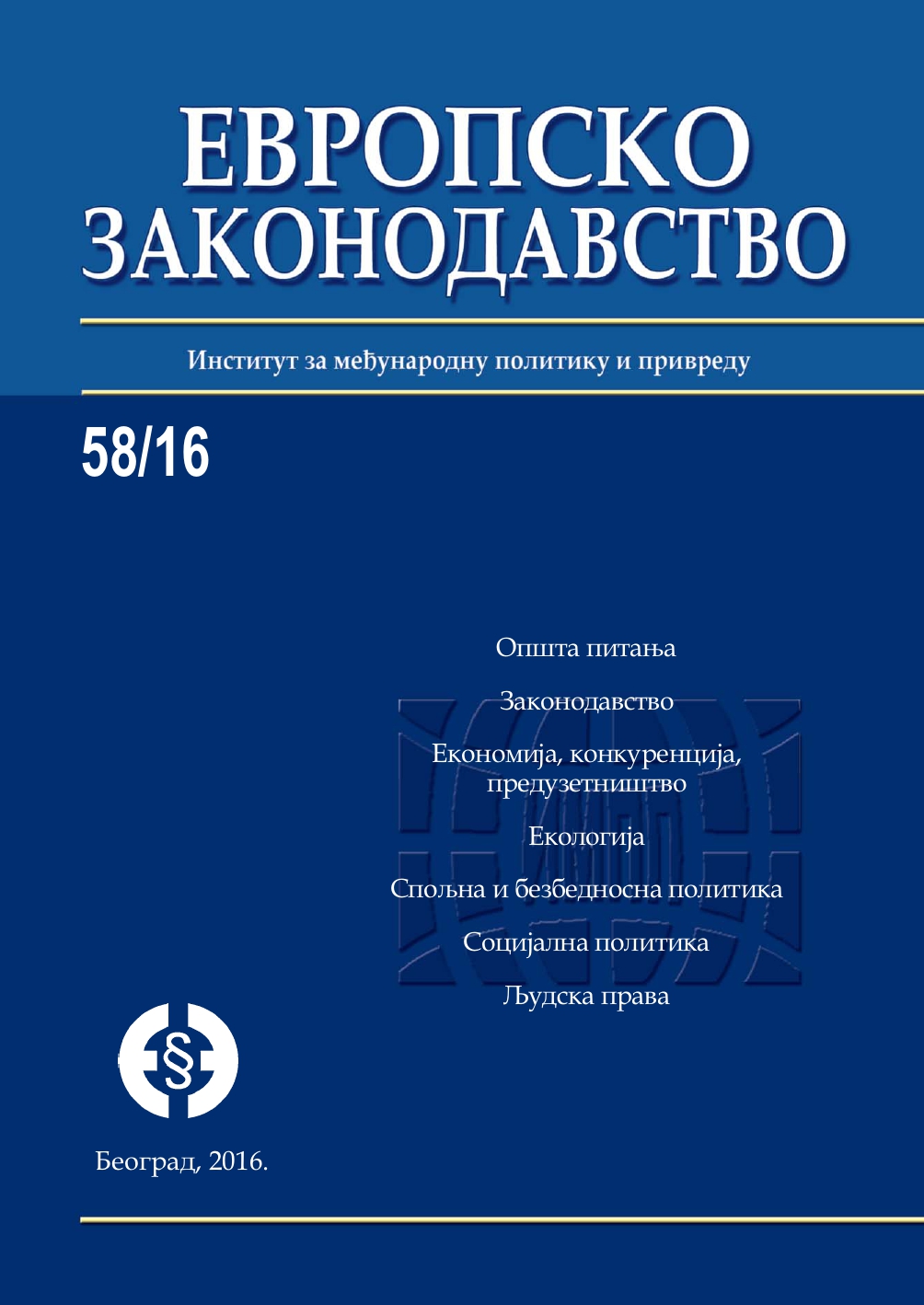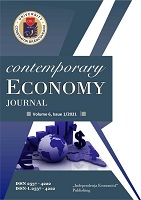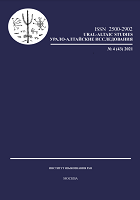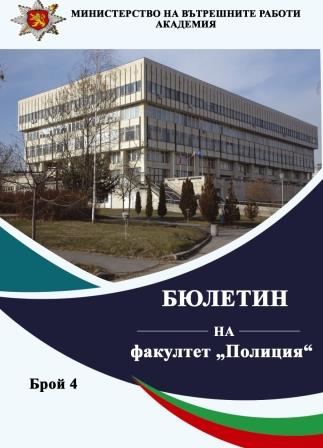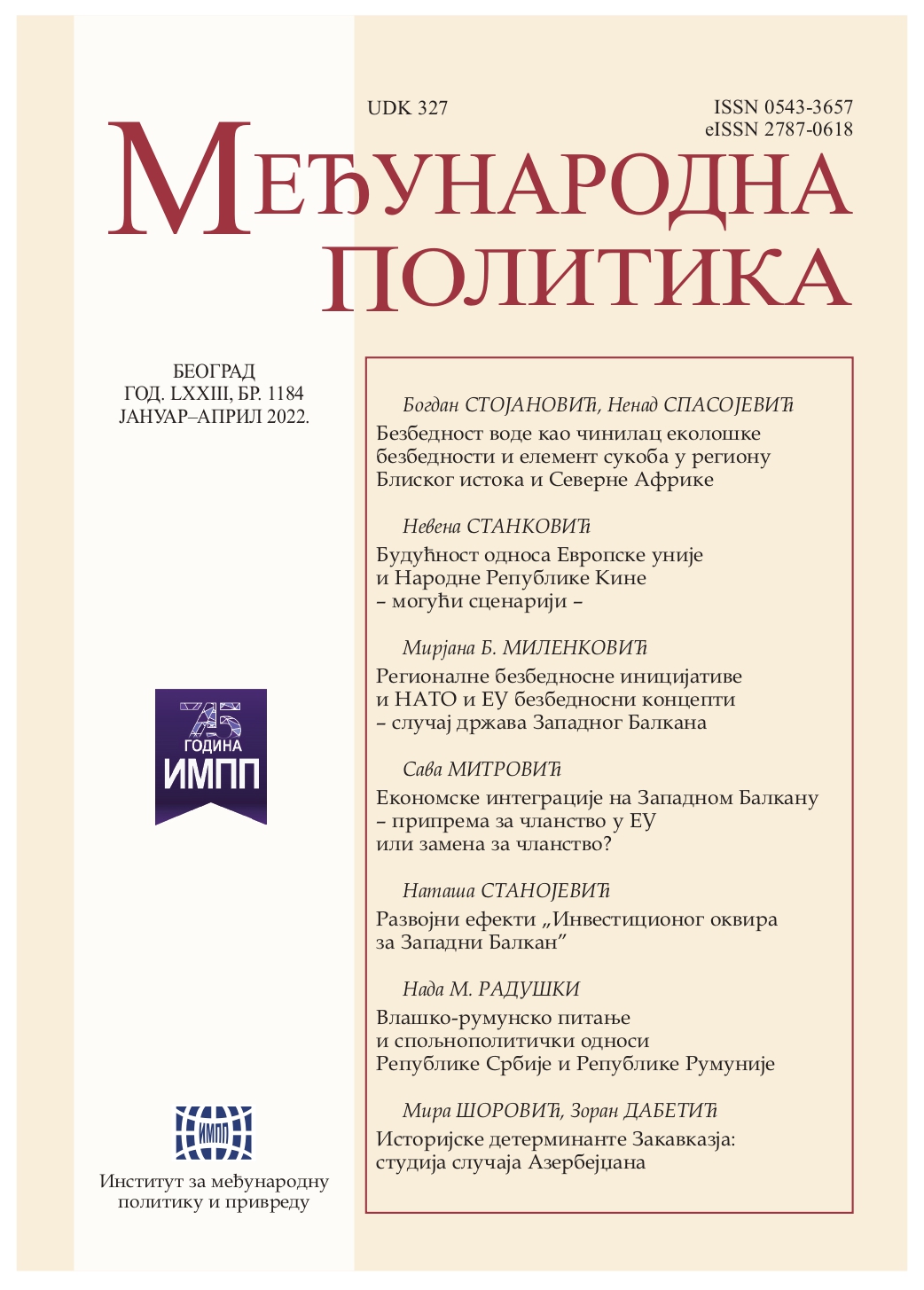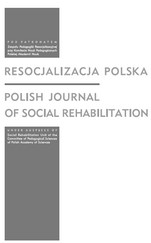THE MODELS OF E-COMUNICATION IN THE POLISH SOCIETY OF BRITAIN AND NORTHERN IRELAND
SPOSOBY E-KOMUNIKOWANIA SPOŁECZNOŚCI POLSKIEJ NA WYSPACH BRYTYJSKICH I W IRLANDII
Keywords: Polish Web portals in Great Britain and Ireland; Polish e-weeklies in Great Britain and Ireland; Expatpol.com; Goniec. com, Gazeta.ie; Dublinek.net; Londynek.net; Cooltura; Polish Express; Nasza;
The article raises the issue of Polish Web portals in the years 2001–2010, namely, Expatpol.com, Goniec.com, Gazeta.ie, Dublinek.net, Londynek. net, as well as availability of issuing e-weeklies and coming out in the traditional version in Great Britain, such as „Cooltura”, „Polish Express”, „Nasza Anglia” and „Polska Gazeta” on the Green Island. The mission of their founders was to inform about the events in the world and country but above all, to create the atmosphere of togetherness of the Polish society in Great Britain and Ireland. The article focuses only on the most popular four weeklies. It has the aim to show that the Internet is a continuous informatikon technology from Internet published newspapers Web portals and technology is not disrupting the development process of the traditional press. It has been proved that the young educated Polish emigrants of the Union era, who left for Britain and Ireland after 2004 in search of employment, continued to pursue certain needs to exist in the widest scope of culture. The fact that they are a part of the information society was proved by the representatives of the created Web portal as well as the press in the on-line version. The advantages of the Internet as an electronic medium seem not to be negated with regards to the unlimited resources, volume, possibilities to update and supplement of already printed information, possibility of communication with readers or interaction. All Web portals and e-polish weekly publications in the United Kingdom take into consideration the suggestions of the users, adapting their interface to the changing expectations and pace of their lives. The title pages of the electronic version of the periodicals are friendly to service. Editors are engaged in various social campaigns to help the newly arrived fellow‑countrymen, to acquaint themselves with the customs, adjust to the specificity of life and function in the new areas of settlement. Specialized thematic services facilitate communication between users.
More...
